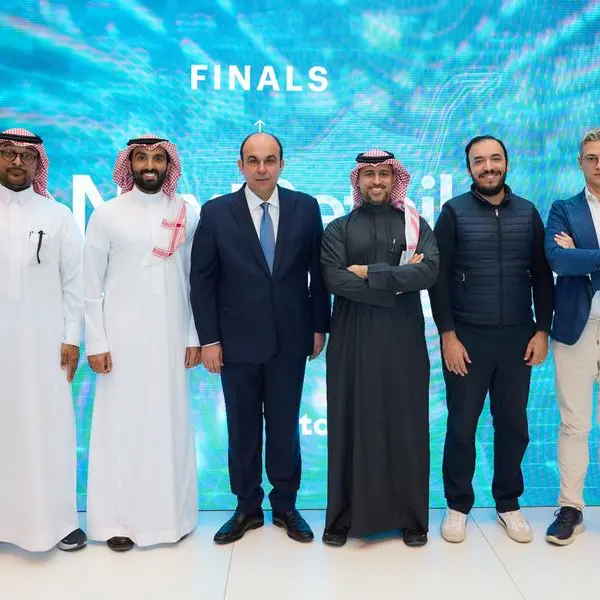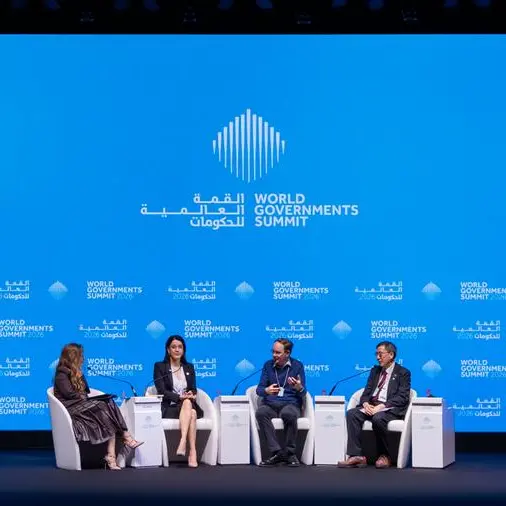PHOTO
Kuala Lumpur, Malaysia:- The Global Forum on Islamic Economics and Finance (GFIEF) concluded yesterday with a commitment to three key priorities: values-based reforms, innovation and collaboration. The forum themed, ‘Shaping a Resilient Global Islamic Economy Through Values-Based Reforms’, sought to harness the transformative power of Islamic economics and finance to promote shared prosperity and equity. GFIEF, officiated by Prime Minister YAB Dato’ Seri Anwar Ibrahim, brought together over 2,300 policymakers, industry leaders, Shariah scholars, grassroots NGOs, and financial service providers from 75 countries to learn and collaborate on building a robust global Islamic economy.
The discussions and initiatives at the forum, among others, reflect a commitment towards ethical and sustainable finance by optimising Islamic finance instruments and greater use of technology. This commitment will be supported by heightened global cooperation, advancements in talent development and efforts in building greater mutual recognition of Shariah.
Moderated by Bank Negara Malaysia Deputy Governor Adnan Zaylani, the closing session of GFIEF 2024 featured four distinguished panellists to inspire stakeholders to take concrete steps incrementally towards innovation and impact-driven actions. The panellists included YB Datuk Johan Mahmood Merican, Secretary-General of Treasury, Ministry of Finance, Dr. Issa Faye, Director General of Global Practice and Partnership at the Islamic Development Bank, Dr. Ndiame Diop, World Bank Country Director for Brunei, Malaysia, Philippines and Thailand, as well as Tan Sri Azman Mokhtar, Chairman of the MIFC Leadership Council.
Johan underscored the need for a renewed sense of urgency and for all stakeholders to work cohesively towards a resilient global economy. He emphasised that a new impetus, combined with innovative thinking and disciplined execution, is essential to advance to the next level. Johan highlighted that the rapidly changing global landscape requires adaptive strategies and a proactive approach to policymaking. This includes fostering an environment where innovation thrives and is aligned with ethical standards.
Dr. Faye highlighted the immense potential of the international halal market throughout the entire value chain. He advocated for ethical branding initiatives to enhance the global presence of halal products and services from Islamic nations. He also discussed that the halal certification and standardisation should go beyond food to include pharmaceuticals, cosmetics and financial services, ensuring comprehensive compliance with Shariah principles. These can enhance consumer confidence and open new markets for halal-certified products and financial solutions.
Dr. Diop stressed the critical need for scaling up people-centred and diversified financing sources to reduce poverty and inequality while improving the quality of life. He stated that achieving sustainable development goals requires a multifaceted approach that includes leveraging private-sector investments, enhancing public-private partnerships, and ensuring that financial resources are effectively channelled to the most impactful and inclusive projects. With continuous co-creation of knowledge, experimentation of novel solutions and reconfiguration of public policies, he said countries can create resilient economies that support equitable growth and reduce systemic vulnerabilities.
Azman expressed the importance of understanding the zeitgeist of the current era and embracing the concept of islah (reform and restoration) as an anchor in implementing action plans recommended in the MIFC position paper. He highlighted that MIFC's role is to guide and coordinate these efforts, ensuring that they are aligned with national and global economic goals. He advocated for concerted synergy and unified expertise as pivotal in realising the identified 50 building blocks, supported by clear direction with multiple "lanes" of progress while linking relevant initiatives to the real economy at the opportune moment. Azman emphasised that the Islamic finance sector can achieve significant advancements in promoting social justice and economic resilience.
GFIEF has provided platforms for various stakeholders to deliberate and network to champion values-based reforms aligned with the principles of Maqasid Shariah and shaping the way towards a more equitable and just economy. Adnan urged the forum to collectively seize these prospects and showcase global impact deeply rooted in intrinsic Islamic values of wealth circulation and the practice of Ihsan. Materials and videos of GFIEF sessions are available at kl.gfief.com.
-Ends-
About GFIEF 2024:
The Global Forum on Islamic Economics and Finance (GFIEF) brings together over 2,300 policymakers, industry leaders and practitioners from 75 countries in Kuala Lumpur. Themed ‘Shaping a Resilient Global Islamic Economy Through Values-based Reforms’, the two-day forum aims to unlock the transformative power of Islamic economics and finance in fostering shared prosperity and equity. GFIEF features policy discourse and innovative solutions based on Islamic economics and finance principles to address the world's challenges.
For more information, please visit kl.gfief.com.my
Media Contact:
- Wai Fong TAN (Ms)
- Media Co-ordinator
- waifong@twfcomms.com




















